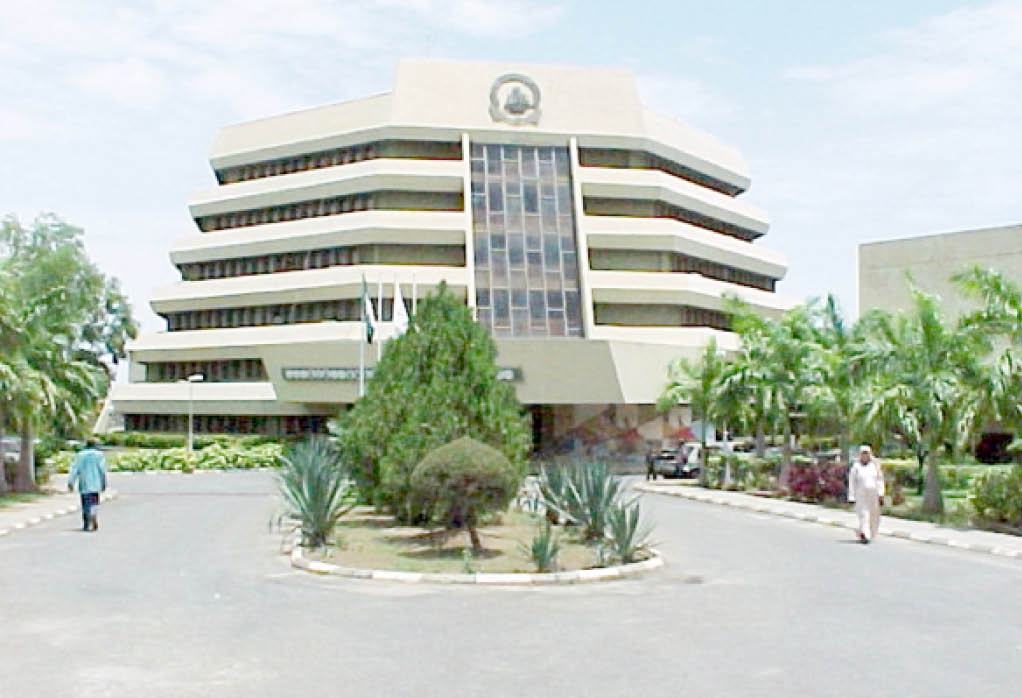There are many different paths to success and fulfilment, and a university degree is just one option among many. Across the world, people go to university in order to gain specialised knowledge or skills that will be useful in their chosen career. Others go to university in order to broaden their horizons and learn about a wide range of subjects. However, the vast majority of others pursue other types of education or training, such as vocational training or apprenticeships, in order to prepare for their chosen career. I believe this is where government spending should return to, and stay focused on. There is a shift, globally in what ‘education’ and skills mean and sadly our universities are not in tune with this shift. I believe, this is a turning point for all tertiary education in Nigeria to tilt, completely beyond just source of funding.
Consider the fact that In the United Kingdom (similar also in the US), most full-time undergraduate programmes cost between £10,000 and £15,000 per year for local students. For international students, tuition fees are generally higher and can range from £10,000 to £38,000 per year, depending on the university. Most students rely on student loans to pay for their education. Tuition fees for undergraduate programmes at public universities in Nigeria typically range from N50,000 to N200,000 per year. Private universities in Nigeria may charge higher tuition fees, but certainly also not prohibitive for our financial systems to cater for a productive economy. Apart from tuition fees, students also have to pay for other expenses such as housing, food, books, and other supplies, which can add significantly to the cost of attending university.
Based on the GDP per capita and average purchasing power of most countries, university education is expensive everywhere. It is an investment, which you make with the hope that it will pay off in the long run in the form of better job prospects and higher earning potential. Nigeria needs a vibrant economy that can make good the investment case for anyone willing and capable to go to university, not cheap university education. We need self-reliance and entrepreneurship, and the cheap education we have been glorifying has not yielded many entrepreneurial graduates, or even employable ones sometimes.
The shifts in the nature of education and skills is in no doubt as a result of global mega trends such as technology, climate change, demographic shifts, urbanisation, and the globalisation of value chains that are taking hold of every aspect of human life today. We need the type of education that prepares our graduates with at least the basic skills to succeed in a fast paced global labour market. This can be attained through all forms of educational outfits, not just universities.
Every student should learn the socio-emotional skills required to navigate interpersonal and social situations effectively, and include leadership, teamwork, self-control, and grit. Most work environments are diverse and require polished socio-emotional skills to fit in. Why are our educational environments not teaching this?
Secondly, cognitive skills, encompassing the ability to understand complex ideas, adapt effectively to the environment, learn from experience, and reason are absolutely essential as almost everything now happens in real-time, requiring you to understand new concepts and often apply them as you go. Simple foundational literacy and numeracy as well as creativity, critical thinking, and problem-solving are all cognitive skills and one could certainly never overemphasize their importance.
Technical skills, referring to acquired knowledge, expertise, and interactions needed to perform a specific task, including the mastery of required materials, tools, or technologies are also incredibly crucial in today’s world and guarantee not only jobs but invention and innovation in multiple areas of society. This needs special attention across all tertiary levels of education, especially the universities. We are greatly lacking as a nation and the informal sectors are even competing with the universities, and colleges of education. This approach could help foster cross functional skills, which are often developed through apprenticeships and other practical forms of learning and work. Worthy students can still be granted scholarships and bursaries to attend universities and conduct research. However, anyone who wants to pursue a masters degree London should pay for it, no matter the cost.
Lastly, cross-cutting and drawing on all of the above skills are digital skills. Today, it is almost incomprehensible that any size of a country’s population remains digitally illiterate. Digital skills describe the ability to access, manage, understand, integrate, communicate, evaluate, and create information safely and appropriately. This is non-negotiable in today’s connected world. Therefore, let us figure out a way of directing public spending towards preparing the majority for these skills and allow the minority who need university education to go for it.
This is by no means a political statement or even against university education. I’m only saying that governments should fund universities less and fund polytechnics and colleges of education even more. We should entrench apprenticeships and other forms of learning and work in our educational systems. Worthy students can be granted scholarships and bursaries to attend universities and conduct research. However, anyone who wants university education should pay for it, no matter the cost.

 Join Daily Trust WhatsApp Community For Quick Access To News and Happenings Around You.
Join Daily Trust WhatsApp Community For Quick Access To News and Happenings Around You.

